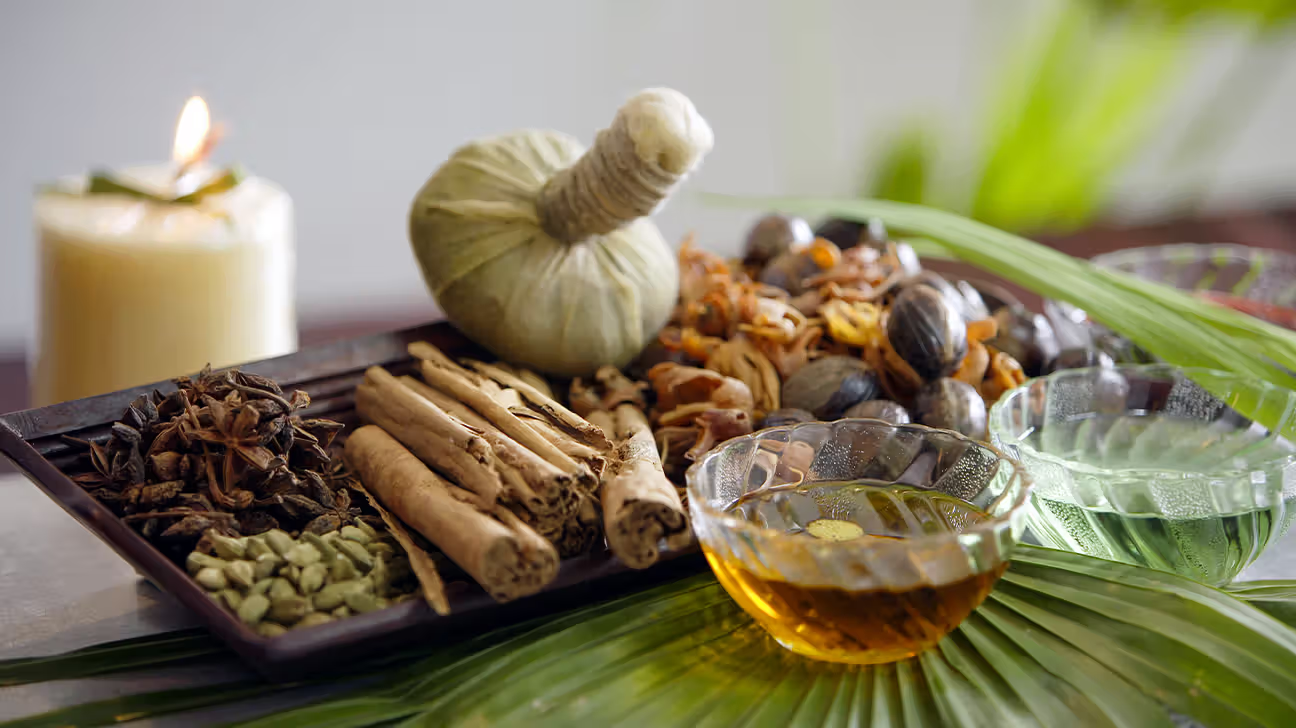Ayurveda, the ancient Indian system of medicine with roots dating back over 5,000 years, is experiencing a remarkable resurgence on the global stage. Once a practice confined largely to the Indian subcontinent, Ayurveda is now captivating international audiences seeking natural and holistic solutions to health and wellness concerns. This surge in popularity is driven by a confluence of factors, transforming Ayurveda from a traditional practice into a multi-billion dollar global industry.
A Growing Market with Immense Potential
The global market for Ayurvedic products is estimated to reach a staggering $23.6 billion by 2 2025, according to a report by Grand View Research. This signifies a significant increase from a market valued at $4.5 billion in 2017. The Asia Pacific region currently holds the dominant share, but North America and Europe are witnessing the fastest growth, driven by a rising interest in alternative and complementary medicines.
This growing demand is fueled by several key trends:
- Shift Towards Natural Remedies: Consumers are increasingly seeking natural alternatives to conventional medicines due to concerns about side effects and the rising prevalence of chronic diseases. Ayurveda’s focus on plant-based formulations and holistic wellness resonates with this growing sentiment.
- Preventive Healthcare: The emphasis on preventative care in Ayurveda aligns perfectly with a global shift towards proactive health management.
- Growing Awareness: Increased media coverage, celebrity endorsements, and the proliferation of wellness retreats featuring Ayurveda have significantly boosted global awareness of this ancient practice.
- Aging Population: The growing geriatric population worldwide is driving the demand for health and wellness solutions. Ayurveda’s focus on promoting longevity and vitality is particularly appealing to this demographic.
Product Diversification and Innovation
The Ayurvedic market is no longer limited to traditional concoctions and herbal remedies. Modern manufacturers are innovating and diversifying their product offerings to cater to a wider audience. This includes:
- Cosmeceuticals: Ayurvedic principles are being integrated into beauty products, with a focus on natural ingredients and holistic skincare solutions.
- Functional Foods and Beverages: Food and beverage companies are incorporating Ayurvedic herbs and botanicals into their products, creating a fusion of traditional wisdom and modern convenience.
- Wellness Supplements: Ayurvedic formulations are being transformed into easy-to-consume capsules and tablets, making them more accessible to a global audience.
Challenges and the Road Ahead
Despite the promising growth, the Ayurvedic industry faces some challenges:
- Standardization and Regulation: A lack of international standardization of Ayurvedic products and practices can create confusion for consumers and raise concerns about quality control.
- Scientific Validation: While Ayurveda boasts a rich history of traditional knowledge, further scientific research and clinical trials are crucial to establish the efficacy of various practices and formulations in a global context.
- Sustainability and Ethical Sourcing: As the demand for Ayurvedic products increases, ensuring the sustainable sourcing of raw materials and ethical harvesting practices becomes paramount.
India’s Role in Shaping the Future of Ayurveda
India, the birthplace of Ayurveda, has a critical role to play in shaping the future of this global phenomenon. Here are some key initiatives that can propel India’s position as a leader in the global Ayurvedic market:
- Governmental Support: The Indian government has taken significant steps in recent years to promote Ayurveda globally. Initiatives like establishing special economic zones for Ayurvedic manufacturing and setting up research institutions dedicated to Ayurveda can further strengthen the industry.
- Focus on Quality and Research: Investing in research and development to ensure the standardization and scientific validation of Ayurvedic practices and products is crucial for building international trust and confidence.
- Skilled Workforce: Developing a skilled workforce of Ayurvedic practitioners and researchers is essential to meet the global demand for authentic and high-quality Ayurvedic services and products.
- Promoting Medical Tourism: India can leverage its rich Ayurvedic heritage to attract medical tourists seeking holistic wellness experiences.
Conclusion: A Symbiosis of Tradition and Modernity
The global rise of Ayurveda presents a unique opportunity for India to showcase its rich cultural heritage and traditional knowledge on the world stage. By embracing innovation, maintaining high quality standards, and fostering international collaboration, India can ensure that Ayurveda continues its journey from ancient tradition to a thriving global industry, promoting holistic well-being for millions worldwide.
Looking Beyond the Numbers
The story of Ayurveda’s global resurgence goes beyond market figures and economic growth. It signifies a growing global interest in holistic well-being and a recognition of the wisdom embedded in traditional practices. As Ayurveda integrates with modern medicine and scientific advancements, it has the potential to redefine healthcare and contribute to a healthier and more balanced future for all.




